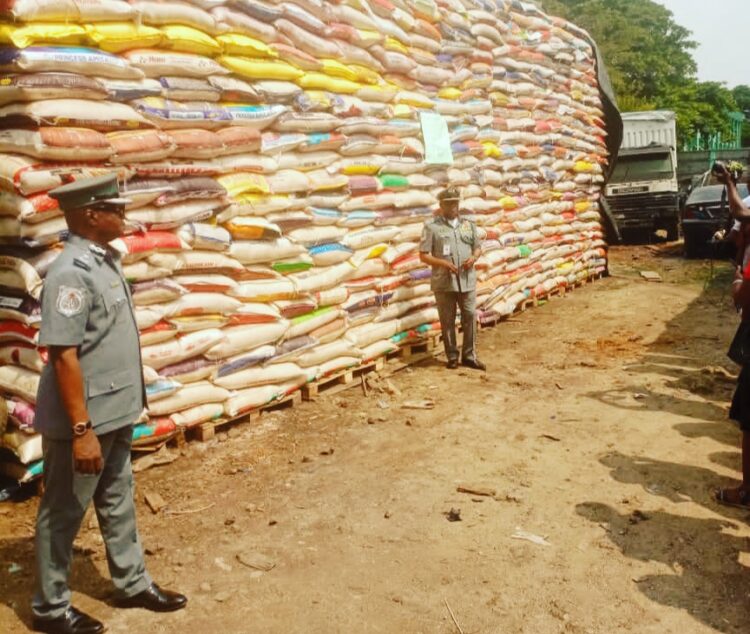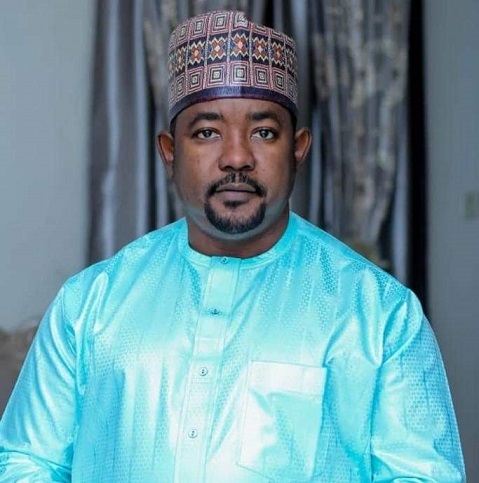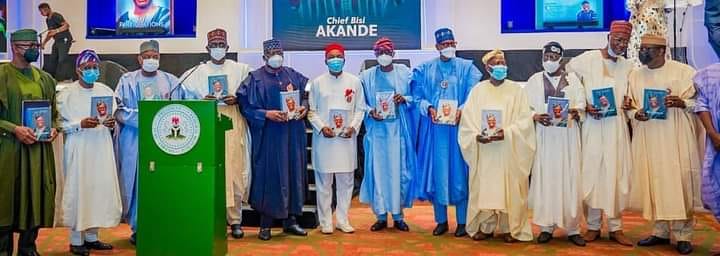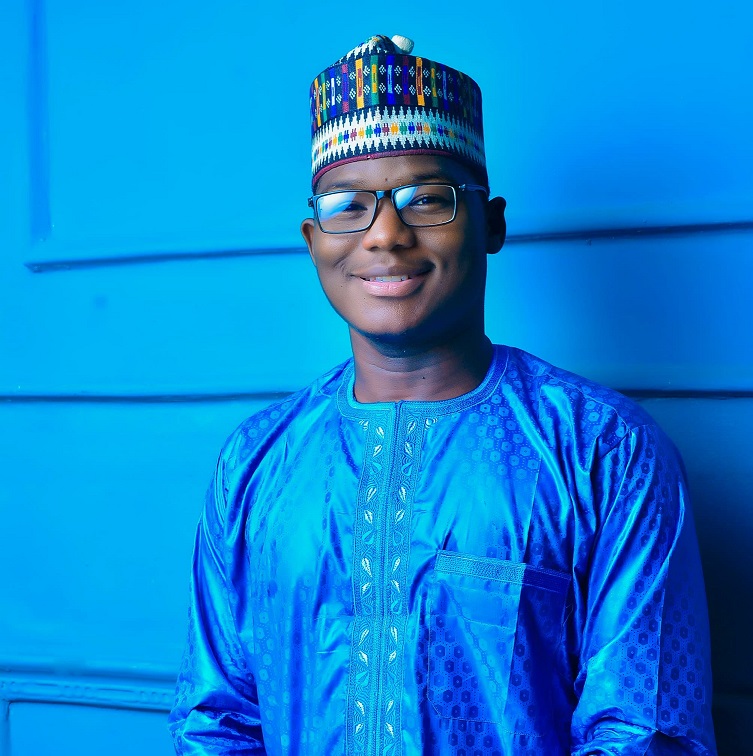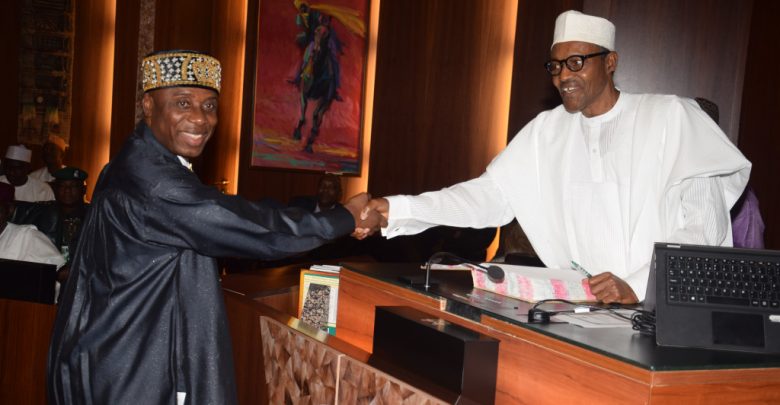Nigerian Customs suspend seized food sales after deadly stampede
By Sabiu Abdullahi The Nigerian Customs Service (NCS) has taken a decisive step by temporarily suspending the sale of seized food items across its commands nationwide, following a tragic stampede…
